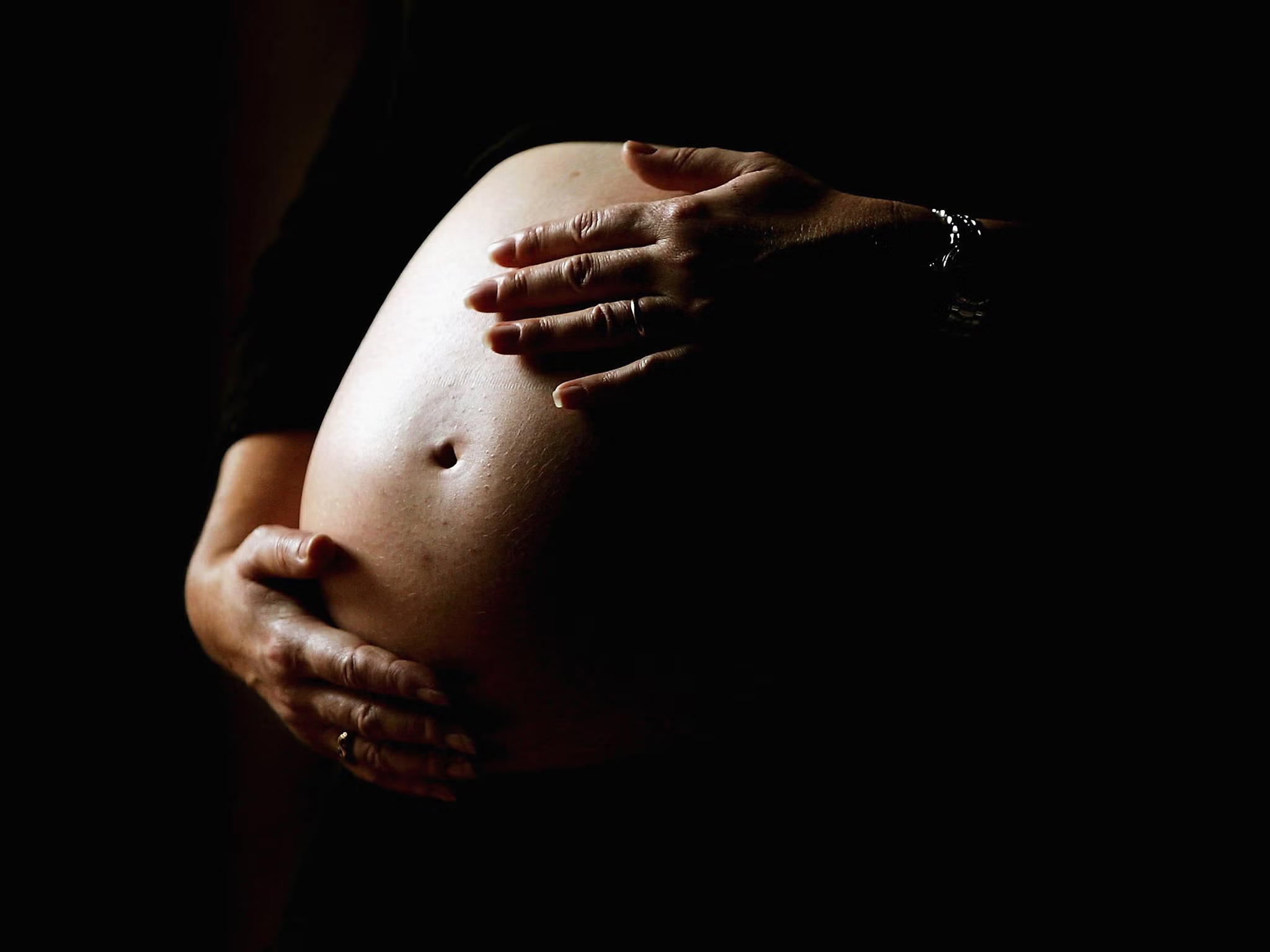Bringing a new life into the world is a remarkable journey filled with profound physical and emotional changes. From the exhilaration of pregnancy to the adjustments of postpartum life, women experience a spectrum of transformations that shape their journey into motherhood.
Often times, women undergo these changes and men start getting distant instead of being there for and with their women which also takes a toll on them.
In this article, we are going to highlight some of the changes women go through both during pregnancy and postpartum, and how either themselves or their husbands should act.
Physical Changes
These may vary from Expansion of the abdomen: As the baby grows, the uterus expands, causing the abdomen to protrude. This growth may lead to stretch marks and changes in skin elasticity.
Weight gain: A healthy weight gain during pregnancy is essential for the baby’s development. Women typically gain with variations depending on factors like pre-pregnancy weight and overall health.
Hormonal fluctuations: Pregnancy hormones such as estrogen and progesterone surge, affecting various bodily functions, including metabolism, mood, and ligament flexibility.
Changes in skin, hair, and nails: Some women experience changes in skin pigmentation (melasma), increased hair growth, and changes in nail texture during pregnancy.
Increased blood volume and circulation: The body produces more blood to support the growing fetus, resulting in improved circulation but also potential side effects like varicose veins and hemorrhoids.
Swelling and water retention: Many pregnant women experience swelling in the hands, feet, and ankles due to fluid retention, which is common but should be monitored for signs of pre-eclampsia.
Changes in breast size and tenderness: Breast tissue enlarges in preparation for breastfeeding, leading to increased sensitivity and potential discomfort.
Emotional Changes
Mood swings: Hormonal fluctuations and the stress of pregnancy can lead to mood swings, ranging from euphoria to irritability and sadness.
Anxiety and worries: Expectant mothers often experience anxiety and worries about childbirth, parenting, and the health of their baby. Seeking support and education can help alleviate these concerns.
Increased emotional sensitivity: Pregnancy can heighten emotional sensitivity, making women more responsive to their own needs and the needs of their growing family.
Bonding with the baby: Despite the physical and emotional challenges, pregnancy provides an opportunity for mothers to bond with their unborn child, fostering a deep connection that continues into motherhood.
Postpartum Changes
Postpartum bleeding (lochia): After childbirth, women experience vaginal bleeding as the uterus sheds its lining. Lochia typically lasts for several weeks and gradually transitions from bright red to pink or brown.
Breast changes: The breasts undergo significant changes postpartum, including engorgement as milk production begins, nipple soreness, and potential leakage.
Uterine contractions (afterpains): The uterus contracts after childbirth to shrink back to its pre-pregnancy size, resulting in cramping and discomfort known as afterpains.
Vaginal soreness and healing: Women who give birth vaginally may experience soreness, stitches (if an episiotomy or tear occurred), and gradual healing of perineal tissues.
Changes in body shape and weight loss: It takes time for the body to recover from pregnancy and childbirth. While some women may lose weight quickly, others may retain some weight, particularly around the abdomen and hips.
Baby blues: Many women experience mood swings and tearfulness in the days following childbirth, often referred to as the baby blues. These feelings are normal and typically resolve within a few weeks.
Postpartum depression and anxiety: Some women experience more severe and prolonged feelings of sadness, anxiety, or detachment after childbirth, indicating postpartum depression or anxiety. It’s essential to seek professional help if these symptoms persist.
Fatigue and sleep deprivation: The demands of caring for a newborn can lead to exhaustion and sleep deprivation, which can exacerbate emotional challenges and affect overall well-being.
Adjustment to new roles and responsibilities: Becoming a parent requires adapting to new roles, routines, and responsibilities, which can be overwhelming but also immensely rewarding.
Emotional bonding with the baby and partner: Despite the challenges, the postpartum period offers opportunities for deepening emotional bonds with the baby and partner, fostering a sense of love, connection, and purpose.
Coping Strategies and Support
Rest and relaxation: Prioritize rest and relaxation whenever possible, allowing the body time to recover and recharge.
Proper nutrition and hydration: Eat a balanced diet rich in nutrients to support healing and energy levels. Stay hydrated by drinking plenty of water.
Gentle exercise and movement: Engage in gentle exercises like walking or postpartum yoga to promote physical and emotional well-being.
Seeking medical guidance: Don’t hesitate to reach out to healthcare providers for guidance on managing postpartum symptoms or concerns.
Partner support: Lean on your partner for emotional and practical support during the postpartum period. Communicate openly about your needs and feelings.
Family and friends: Enlist the help of family and friends for assistance with household chores, childcare, or emotional support.
Support groups and online communities: Connect with other mothers who are experiencing similar challenges through support groups, online forums, or social media communities.
Healthcare professionals: Seek guidance from obstetricians, midwives, lactation consultants, or mental health professionals for specialized support and resources.
The journey of pregnancy and postpartum is a remarkable and transformative experience that encompasses physical, emotional, and psychological changes.
By understanding and embracing these changes, women can navigate this journey with confidence, resilience, and support. Remember, you are not alone in this journey, and seeking help when needed is a sign of strength, not weakness.


